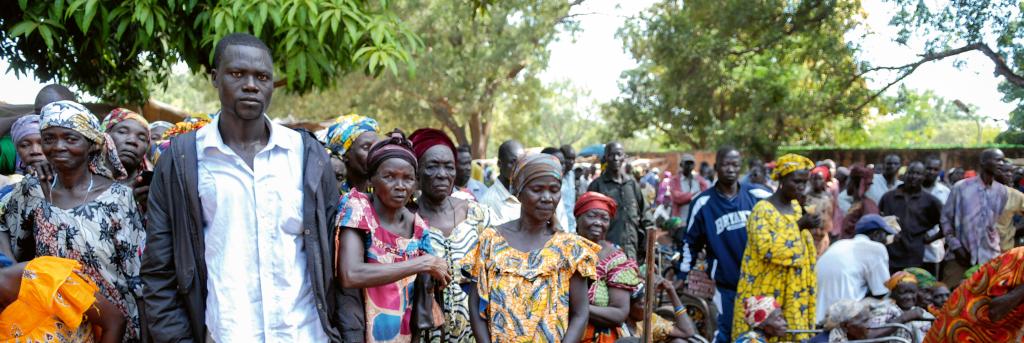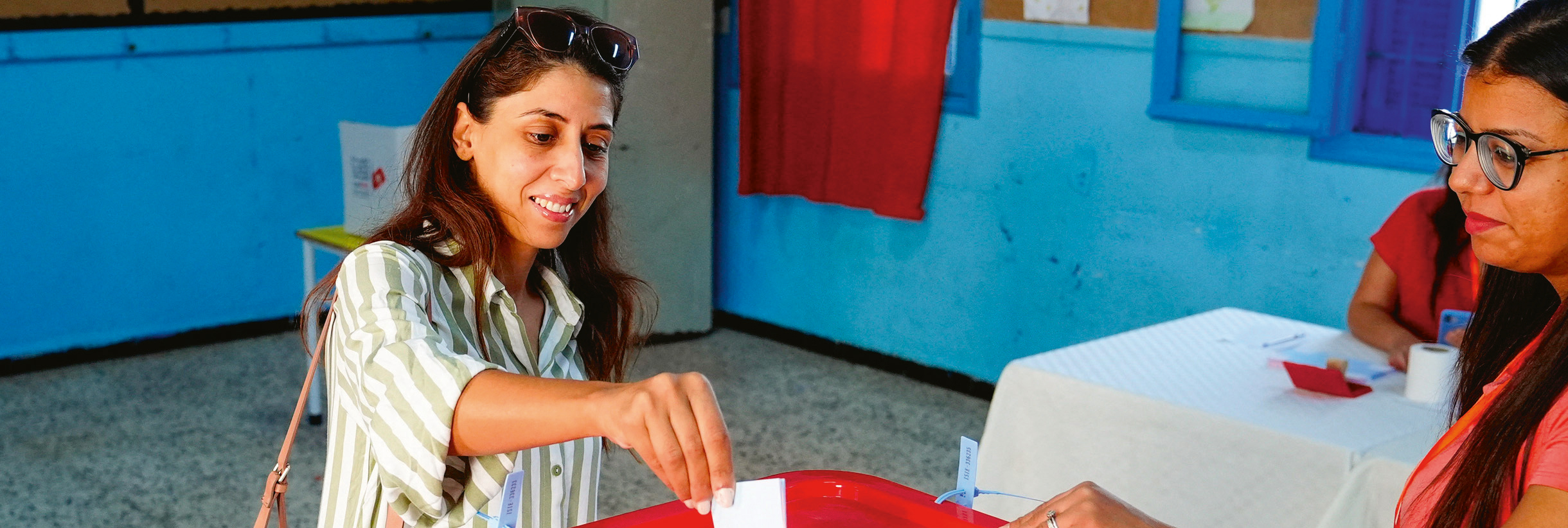World Refugee Day celebrates the strength and courage of refugees around the world. It was first celebrated in 2001 [1], when the UN General Assembly decided to mark the fiftieth anniversary of the 1951 Convention Relating to the Status of Refugees. It falls each year on 20 June, a date coinciding with African Refugee Day, which was first established in 1975 by the then Organization of African Unity. Other institutions also celebrate the figure of the refugee: the Catholic Church, in particular, has observed The World Day of Migrants and Refugees every year since 1914 on the last Sunday of September [2].
There is in the years following the so-called “refugee crisis” of 2015 a trend of increased efforts by international organisations to politically coordinate their responses to forced displacement. The New York Declaration for Refugees and Migrants in 2016 and then The Global Compact for Safe, Orderly and Regular Migration and The Global Compact on Refugees in 2018 were issued under the auspices of the United Nations. The Pact on Migration and Asylum was narrowly adopted by the EU in early 2024 after three years of complicated negotiation. The new rules on migration “will ensure that the Union has strong and secure external borders, that people’s rights are guaranteed, and that no EU country is left alone under pressure” [3].
Their promoters refer to these agreements as “historical achievements” or “major breakthrough” [4]. However, the way the keywords “solidarity” and “protection” are embedded in narratives of “security” and “efficiency” seem to indicate that state-centred concerns overcome people-centred ones. The refugee remains at the level of an abstraction or a problem, a victim of smugglers or a burden to be shared. And indeed questions remain regarding the effects on the ground of these initiatives. For whom are these achievements historical considering that an estimated 30,000 people have died on their migration trajectories to reach the EU since 2015?
The refugee might indeed be the political figure of our times, as the citizen was during the French Revolution; it is a source of ontological anxiety for nation-states. The principle of non-refoulement, so central to international humanitarian law, represents a limitation of the prevailing doctrine of state sovereignty, constructed on the right to control a territory and its population and therefore to exclude non-nationals. Are charitable celebrations and non-binding declarations anything more than deceptive incantations or can they be the catalyst of a real transformation of the current asylum policies in Europe and beyond, ultimately triggering a more inclusive conception of what is a political and social community?






